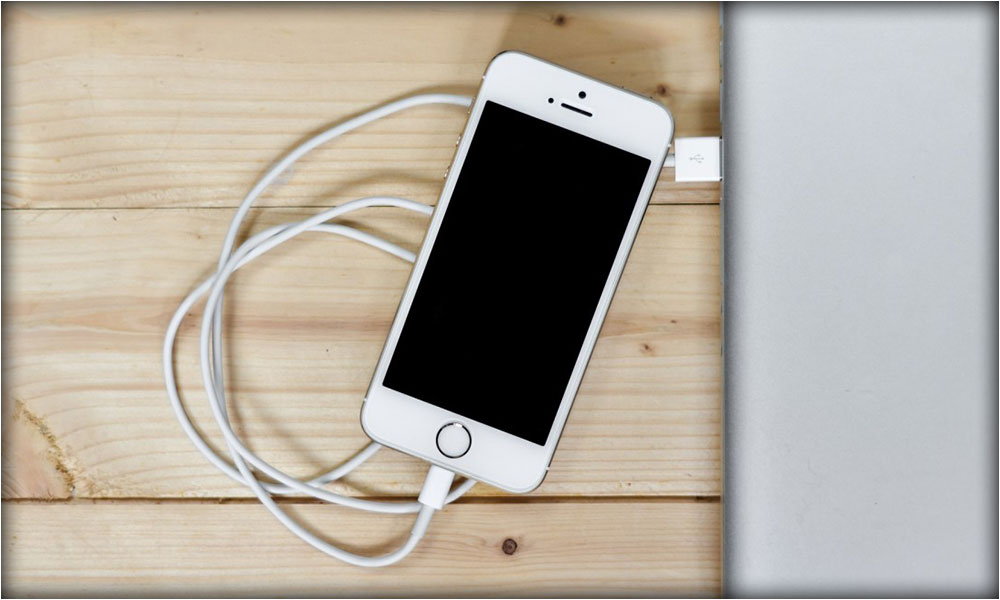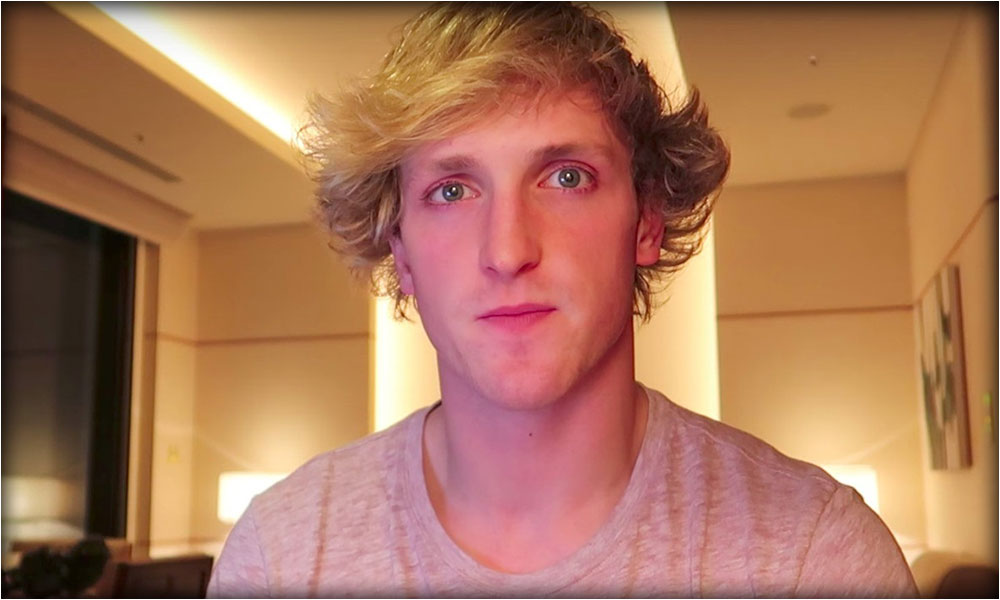MICROSOFT TEAMS NOW LETS SMALL BUSINESSES CHARGE FOR WEBINARS AND MORE
- 23 Mar - 29 Mar, 2024

After receiving severe backlash for slowing down older iPhones with new software upgrades, Apple is trying to make amends. The company has issued an apology and is offering to replace old batteries for $29, slashing the price down from $79. Users with an iPhone 6 model or later can head over to their neighbourhood franchise and opt for a battery swap even if there’s nothing wrong with their cell phone’s current battery. A Geekbench battery researcher was the first to identify that older iPhone models performed worse with the latest iOS upgrades. For now, customers can check out Apple's official apology on their website for more information.

Logan Paul, famous vlogger and actor has faced backlash for posting a video from Japan's Aokigahara forest, where hundreds of people commit suicide each year. The video featured imagery of an apparent Japanese suicide victim, with his face blurred out. The internet fraternity quickly took to social media to express their disappointment over Paul’s video. Having over 15 million YouTube subscribers and a fan base comprising of mostly young people, viewers agreed that Paul should have thought twice before posting the video. Paul quickly issued an apology, claiming that he posted the video to spread awareness about suicide and not to generate views. While Paul’s loyal fans continue to support him, critics have viewed his actions as celebrity negligence and carelessness.

Last year, Germany passed a new anti-hate speech law which required social media websites to investigate posts that were against German law and have them deleted. January 1, 2018 marked the end of the grace period for authorities to implement the law. According to German broadcaster Deutsche Welle, social media platforms that will be affected by the law include, Facebook, Google, YouTube, Instagram and Snapchat. However, professional networking sites such as LinkedIn and Xing have been excluded along with messaging services similar to WhatsApp. For many years, Germany has had strict laws prohibiting content such as Holocaust denial and neo-Nazi propaganda, swastikas. While the law was passed in late June 2017 and was supposed to take effect in October, legislators decided to give social media websites some time to put together internet systems to monitor and remove banned content. Users can also directly report posts to German federal authorities.
COMMENTS